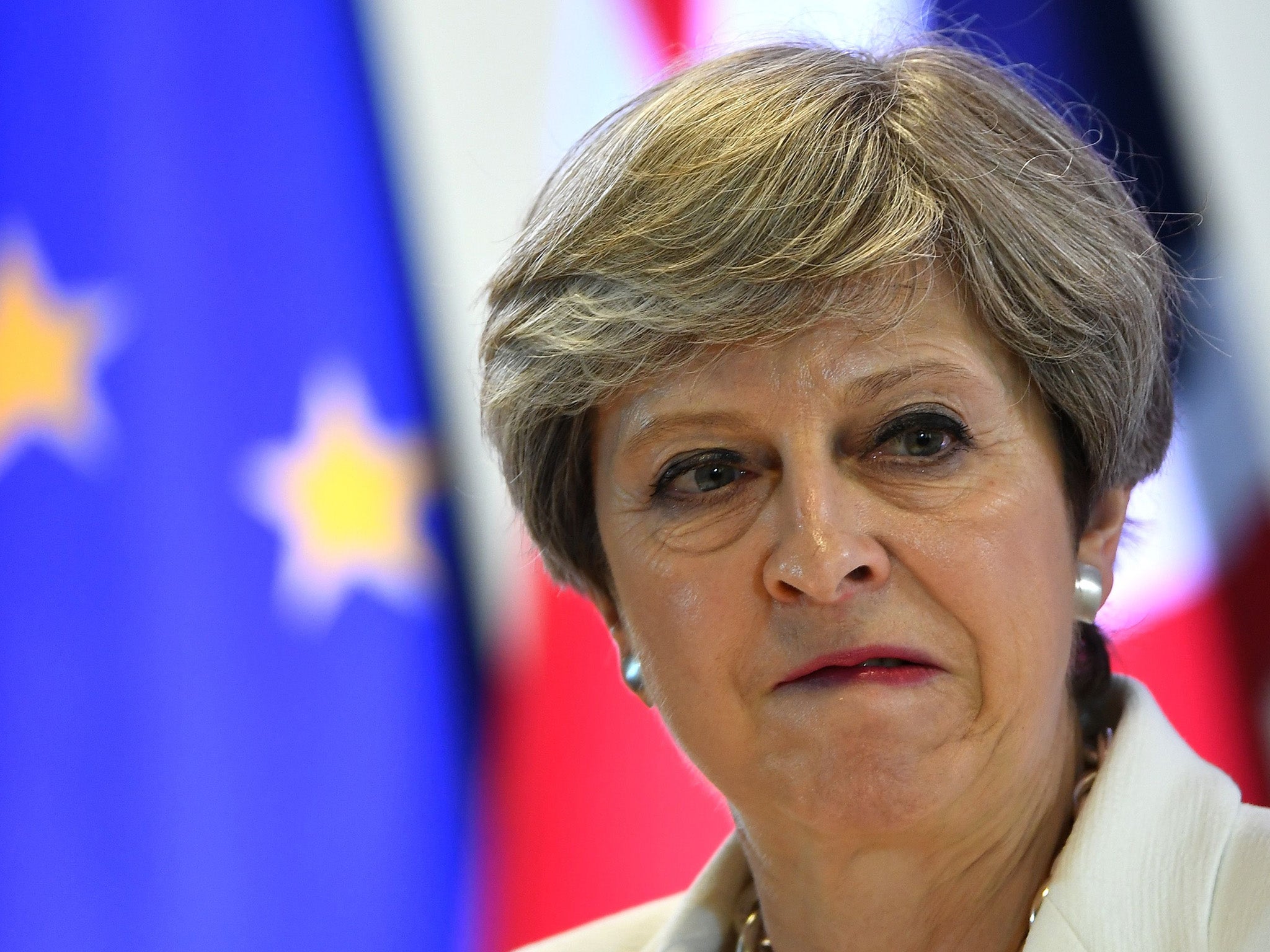Five things to look out for this week in global economics
The surprise drop in the oil prices would be dominating the headlines, were it not for the uncertainty that the UK will form a government, and the implications for the sterling/dollar rate


Your support helps us to tell the story
From reproductive rights to climate change to Big Tech, The Independent is on the ground when the story is developing. Whether it's investigating the financials of Elon Musk's pro-Trump PAC or producing our latest documentary, 'The A Word', which shines a light on the American women fighting for reproductive rights, we know how important it is to parse out the facts from the messaging.
At such a critical moment in US history, we need reporters on the ground. Your donation allows us to keep sending journalists to speak to both sides of the story.
The Independent is trusted by Americans across the entire political spectrum. And unlike many other quality news outlets, we choose not to lock Americans out of our reporting and analysis with paywalls. We believe quality journalism should be available to everyone, paid for by those who can afford it.
Your support makes all the difference.One thing we will at least know by the end of this week is whether the UK has a government or not. The vote on Thursday on the Queen’s Speech will presumably be passed, but given the ability of the political pundits to predict anything, who knows? If however it is passed, the febrile mood will wane a little and the financial and business communities will know they can press on with their daily affairs with a bit more stability for a few months at least. As always, watch the markets on Friday and the key indicator will be the sterling/dollar rate.
Were it not for that all eyes would be on the oil price. It fell back below $46 (£36) a barrel last week, the lowest for more than six months. This was not what was supposed to happen. Cuts in production, led by Saudi Arabia and coupled with restricted supplies from Russia were supposed to hold prices in the $50-$60 a barrel range. But the flexibility and low cost base of US shale oil production seems to have pushed the price back down again. If it stays below $50 a barrel for long this will hold down inflation, reversing the recent upward jump in the Europe and America – the UK inflation numbers have been pushed up by the devaluation of sterling.
What will the central banks do? We don’t know but we may learn a bit more about their views this week. Janet Yellen will be in London on Tuesday for a discussion with Lord Stern at the British Academy. I will be fascinated to hear her views on central banking and the environment, but also more immediately any feeling she has about the gradual return to normality in US interest rates. It would be unreasonable to expect any market-sensitive guidance. That is not what this event is about. But since the Federal Reserve remains the most important central bank in the world, the judgements of its chair are of enormous importance too. For example she recently hinted that the 2 per cent target for inflation that has become the global standard might be worth looking at again.
By coincidence there is another central bank meeting this week, starting Monday night, in Portugal. It is the fourth European Central Bank forum on central banking, and speakers will include Ben Bernanke, Janet Yellen predecessor, Mark Carney of the Bank of England, and of course Mario Draghi, president of the ECB. It is a meeting about long-term ideas, not current policy but again the rest of us trying to understand the great puzzle as to why inflation has remained so low will be hunting for clues as to their thinking too.
Other new information? There will be new figures on the UK economy of which the most newsworthy will be the revised estimate for growth in the first three months of this year. Did it really slow as much as it seems to have done? But for me the most interesting new stuff will a wodge of information from the Office for National Statistics about societal change in the UK. This will include new information about poverty in Britain, and also wealth and assets, both out on Tuesday. How well do people feel they are managing their wealth and what do they think about their pension plans, and so on? And on Wednesday there will be a lot of information about the lifestyles of people living in areas of very high and very low mortality – it’s not just where you live, but how you live. I always like this societal information because ultimately what matters is not how rich we are but how well our societies function, and this is one of the areas where facts are more useful than opinions.
Join our commenting forum
Join thought-provoking conversations, follow other Independent readers and see their replies
Comments